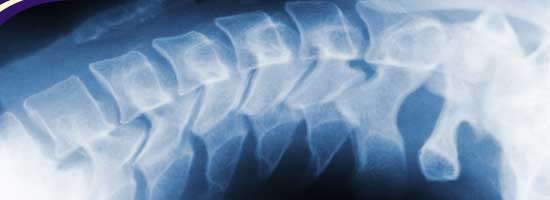Harvard Doctor Practices What He Preaches
In a world where it is common for a cigarette puffing, twinkie munching doctor to tell a patient to stop smoking and lose weight, Harvard professor Dr. Harvey Simon is a breath of fresh air. For years Dr. Simon has recommended exercise to his patients. What many of them probably don’t know, however, is how seriously he takes these instructions for himself. He was recently profiled in the New York TImes for having run every day for the last 30 YEARS!
The last day Dr. Simon missed a run was October 30, 1978. His daughter, a reporter for the Wall Street Journal writes:
When he travels overseas, my dad, who is 66, plans layovers so he can get in a couple miles around the concourse, lest he miss a day to the time-zone shift. During blizzards, he wraps his feet in plastic bags, pulls galoshes over his sneakers and screws in cleats for traction. Then he waits for a snowplow to pass his front door, so he can follow in the freshly cleared path.
This level of intensity is far beyond what is necessary or even healthy for the average person. It’s certainly a lot more running than I do! The average person would probably not be doing their spine a favor by running 10 miles a day, so don’t take Dr. Simon’s exercise routine as a template to follow. Dr. Simons himself advises patients to engage in moderate exercise, counting things like housework and gardening as acceptable forms.
Whatever the motivation, more physicians would do themselves well to practice what they preach!
http://well.blogs.nytimes.com/2008/12/05/a-30-year-running-streak-still-going-strong/
